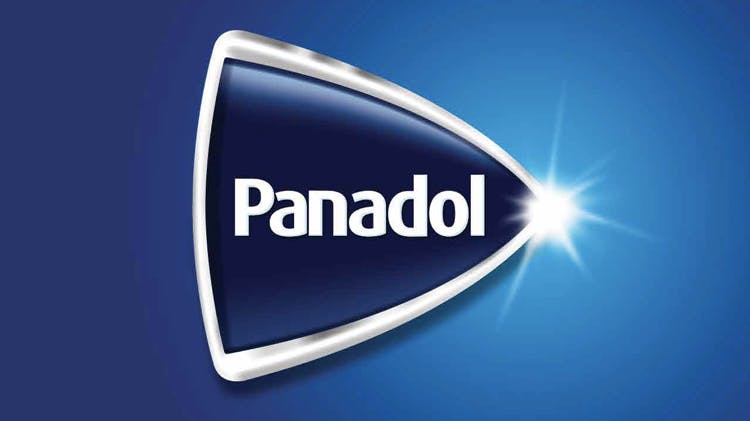Overview
If you think all paracetamol tablets are the same, think again. All paracetamol tablets are not created equal.±
Panadol with paracetamol

Paracetamol
Globally, paracetamol or acetaminophen is one of the most used analgesic and antipyretic over-the-counter drugs.2
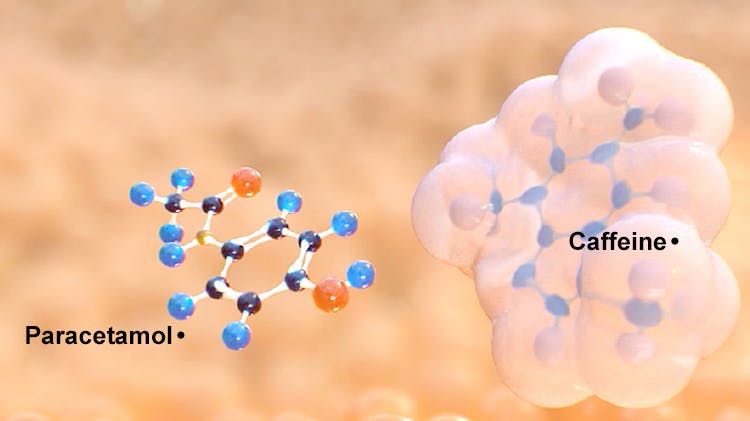
Multi-component paracetamol preparations
Paracetamol is currently formulated as a single compound or as an active ingredient of multi-component preparations in combination with active ingredients1 to provide relief from fever and different types of pain (e.g. muscular and joint pains, headaches and migraines, and dysmenorrhoea).
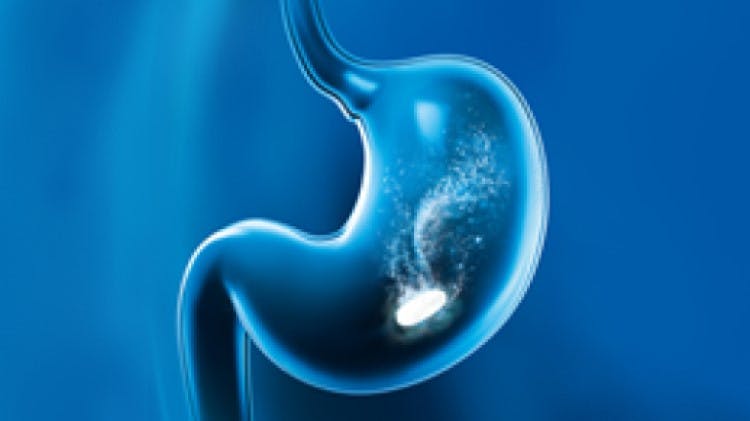
Can be taken on an empty stomach
Paracetamol does not compromise the stomach’s protective lining and can be taken even on an empty stomach or by those at risk of stomach ulcers.3,4*
Innovative technology
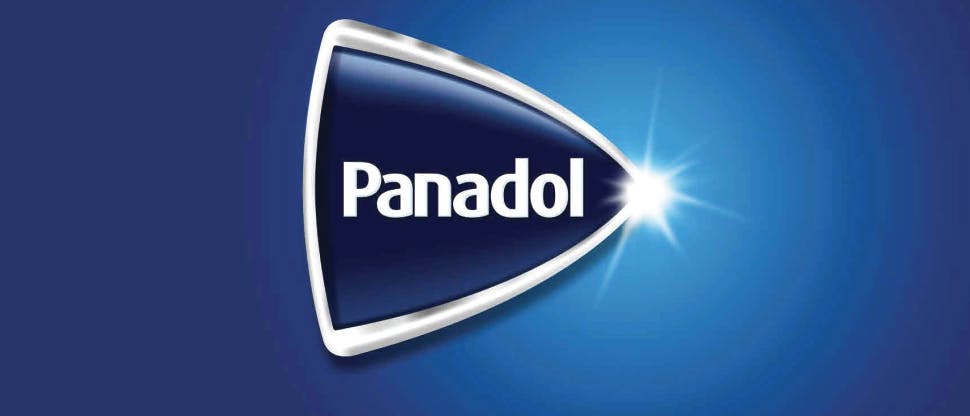
The Panadol range includes products with innovative technology for faster disintegration and absorption4,7 and, in combination with other ingredients such as caffeine to effectively handle tough pains.8-13
Panadol offers a range of solutions for individual patient needs
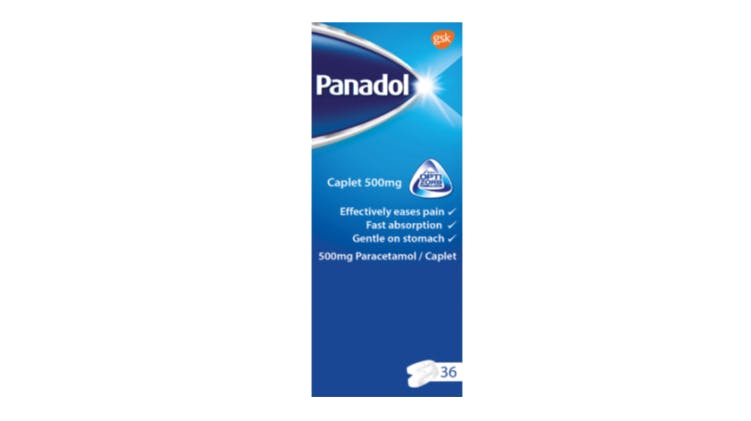
Panadol Optizorb
Disintegrates faster and available for absorption quicker5† to provide pain relief.
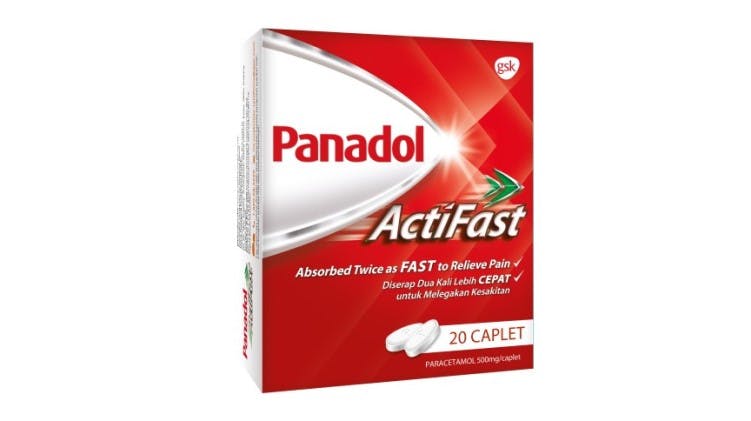
Panadol Actifast
Releases paracetamol even before it reaches the stomach.14 Does not compromise the stomach’s protective lining and can be taken even on an empty stomach or by those at risk of stomach ulcers.3,4*
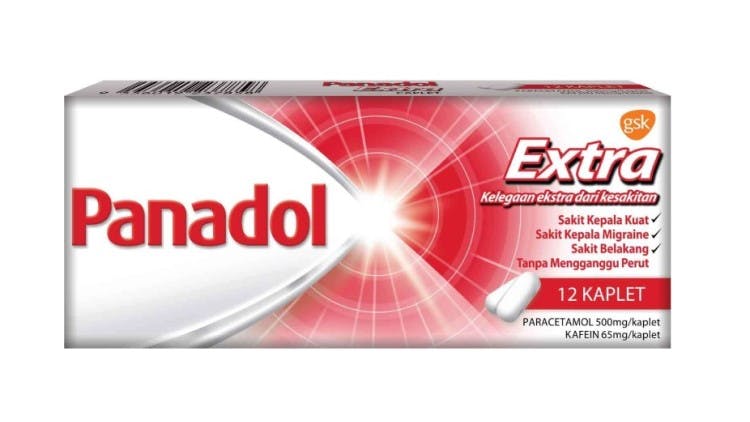
Panadol Extra
Dual “active” formulation that fights tough pains.8-12
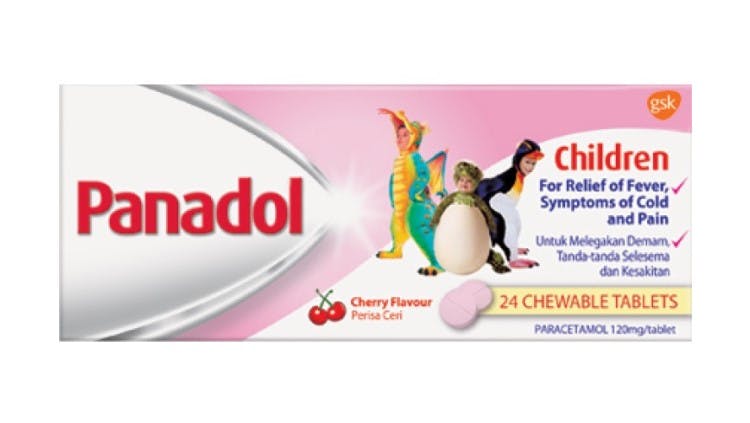
Panadol for Children Chewable Tablets
Panadol for children contains paracetamol, which is recommended as first-line treatment for fever and mild-to-moderate pain in children.15-17

Panadol Extend
Immediate and controlled paracetamol release for extended pain relief for up to 8 hours.18,19
Panadol in practice

Joint pain & osteoarthritis
Based on the 2020 Global Pain Index (GPI), 93% of 19,000 people surveyed around the world suffered from some pain and 73% experienced joint pain.20 Discover more about joint and osteoarthritic pain including signs and symptoms and, how to manage them.

Fever
Fever is a common sign and symptom observed in a variety of clinical settings.21 Discover more about fever in adults and children including how to assess fever, “red flag” symptoms and its management.

Headache disorders
Headache disorders, characterised by recurrent episode of headachess, are one of the most common disorders of the nervous system and, can be painful and disabling to sufferers.22 Find out more about tension-type headaches and migraines, “red flag” symptoms and how to manage them.
